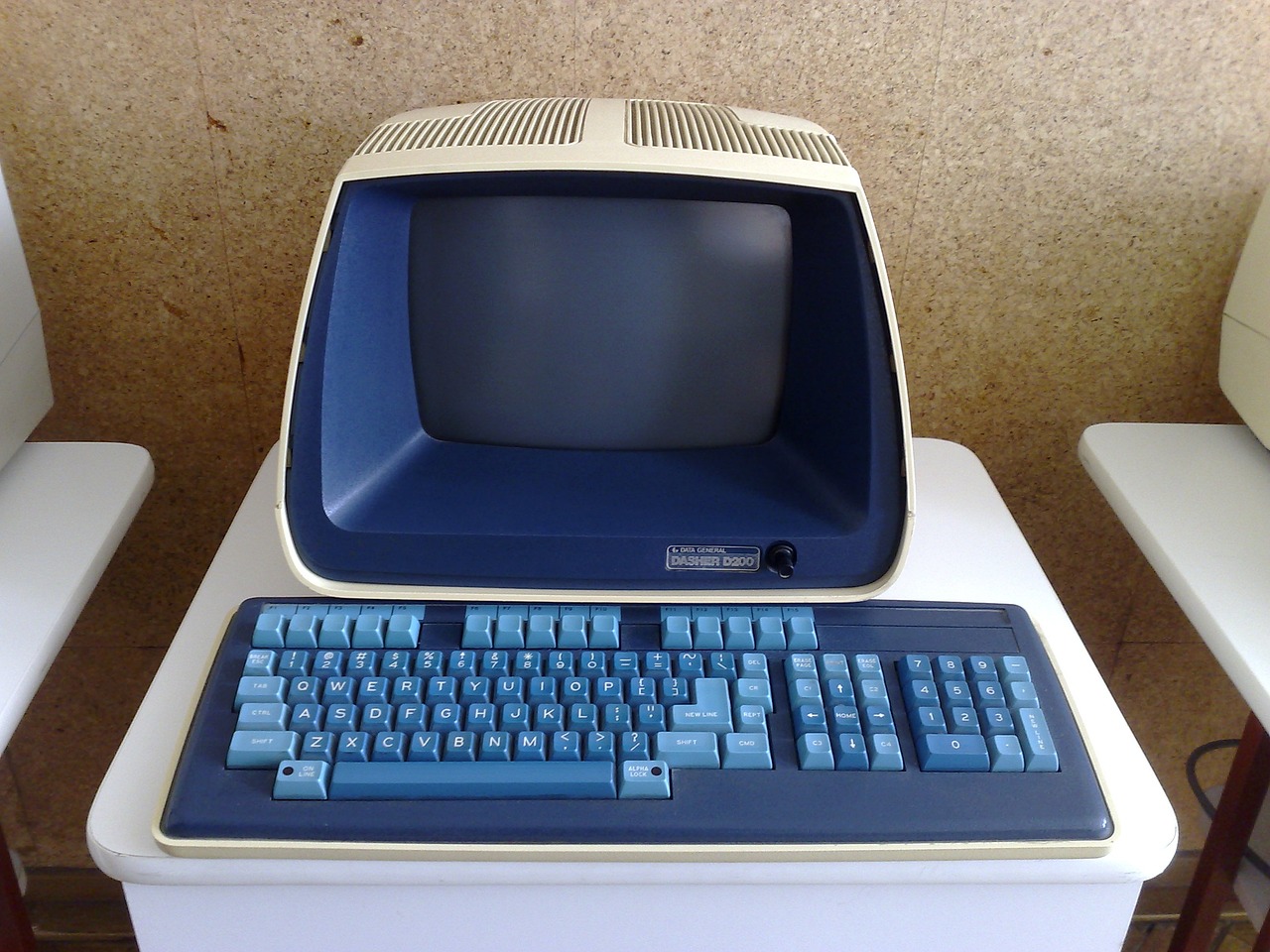Early Calculating Devices: The Precursors to Computers
In the early years of civilization, humans devised various mechanical devices to aid in calculations and problem-solving. These early calculating devices, such as the abacus and the astrolabe, laid the foundation for the development of computers. Before the advent of electronic computers, humans relied on these ingenious inventions to perform basic arithmetic operations and navigate the celestial world.
The abacus, believed to have originated in ancient Mesopotamia around 2400 BCE, was one of the earliest known calculating devices. Consisting of a series of rods or wires with beads that could be moved back and forth, the abacus allowed users to perform basic arithmetic operations. It was a versatile tool used by merchants, mathematicians, and students across different cultures. From ancient China to ancient Greece, the abacus was a staple in the calculation process. Over time, various modifications were made to the abacus, such as the introduction of decimal notation and the inclusion of additional rods. The abacus not only facilitated calculations but also served as a powerful tool for teaching mathematical concepts.
Another important precursor to computers was the astrolabe, which dates back to ancient Greece in the 2nd century BCE. Initially developed for astronomical and navigational purposes, the astrolabe revolutionized the way sailors and astronomers determined their location and time. It consisted of a rotating disk with various concentric circles and movable parts that allowed users to measure the position of celestial bodies. By aligning the astrolabe with specific stars or planets, users could calculate their latitude, longitude, and local time. The astrolabe played a crucial role in advancing computational thinking, as it required the manipulation of complex mechanisms to obtain accurate results. Its influence extended beyond astronomy and navigation, laying the groundwork for the development of machines that could perform complex calculations.
The Birth of Electronic Computers: A Turning Point in History
The invention of electronic computers marked a significant turning point that revolutionized the way we process information. From the early mechanical computers to the first electronic programmable devices, the advancements in computing technology had a profound impact on various fields such as science, business, and communication.
One remarkable precursor to electronic computers was the Antikythera Mechanism, an ancient analog computer created by Greek artisans around 100 BCE. Discovered in 1901, this complex device showcased the advanced knowledge of gears, cogs, and precise astronomical calculations possessed by the ancient Greeks. The Antikythera Mechanism was designed to predict celestial events and track the movements of celestial bodies. It combined intricate gear systems with mathematical models, making it a true marvel of ancient engineering. While the purpose and use of the Antikythera Mechanism are still not fully understood, its sophistication and accuracy foreshadowed the development of digital computers centuries later.
In the early 20th century, British mathematician Alan Turing introduced the concept of a universal machine capable of performing any computations. Known as the Turing machine, this theoretical device laid the foundation for the design and development of modern electronic computers. Turing’s groundbreaking work on computability and the concept of a universal computing machine provided the theoretical framework for the development of practical electronic computers. His ideas revolutionized the field of computer science and set the stage for the digital revolution that was to come.
The history of computer invention spans centuries, with early calculating devices and conceptual breakthroughs paving the way for the birth of electronic computers. From the abacus and the astrolabe to the Antikythera Mechanism and the Turing machine, each development brought humanity closer to the creation of powerful computing machines. The relentless pursuit of solving complex problems and improving data processing capabilities has led to the remarkable computers we use today. Understanding and appreciating the history of computer invention allows us to recognize the ingenuity and innovation of those who came before us and to marvel at the incredible progress we have made.

